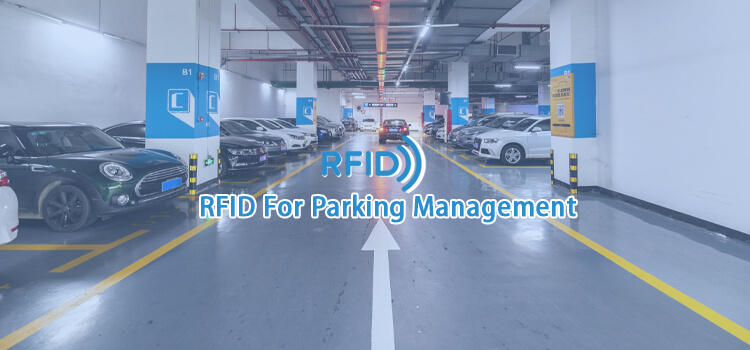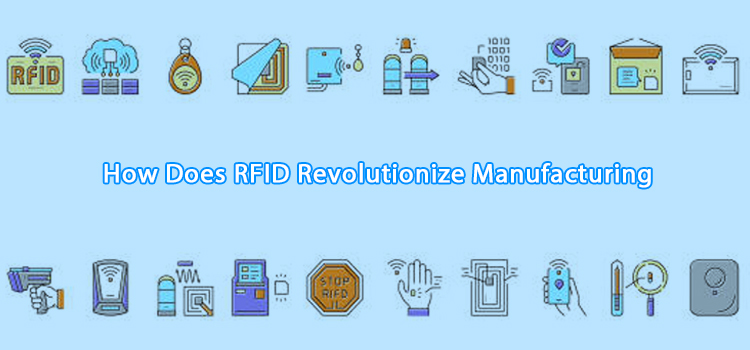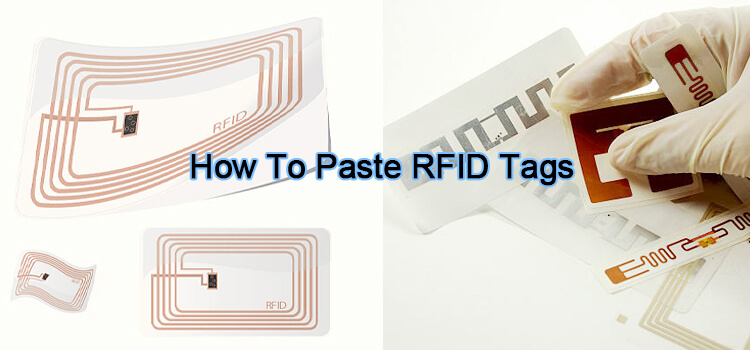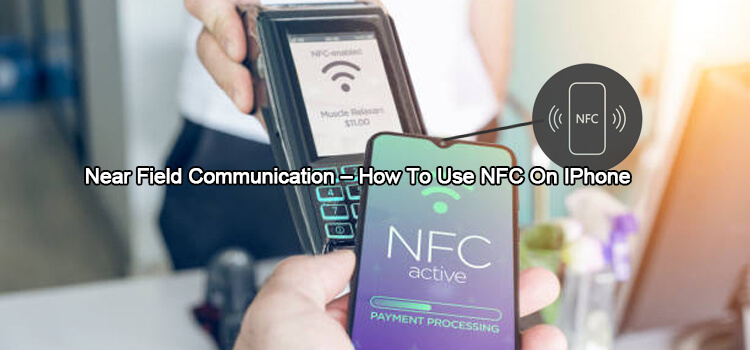Are you looking for a way to improve your parking management system? RFID technology may be the answer. RFID Vehicle Tags can be attached to the cars, and when they come within range of an RFID reader, the reader will automatically record the time and date of arrival.
This information can then be used to track parking usage and generate reports. RFID technology is also fast and easy to use, making it a great choice for busy parking lots. Here is a comprehensive guide on how it works.
What is RFID, and How Does It Work?
RFID stands for “radio-frequency identification.” This technology uses radio waves to communicate between a tag and a reader. The tag is usually attached to an object, and the reader is connected to a computer.
When the two devices are in close proximity, the reader will record the information on the tag. This information can then be used to track the tagged object.
RFID tags are made of two parts:
- An antenna that transmits and receives radio waves
- A microchip that stores information
The information on the microchip can be anything, such as a serial number or identification code.
When an RFID tag is exposed to an electromagnetic field, it will power up the microchip and allow it to transmit its information. The reader will then receive this information and store it in a database.
In cases of active RFID tags, the tag will also have a battery. This allows the tag to continuously release a signal, even when it’s not in the range of a reader.
Active RFID tags are typically used for long-range tracking, such as monitoring the location of vehicles in a parking lot. Passive RFID tags are used for shorter-range tracking, such as security badges.
How Does RFID Work in Parking Management?
RFID technology can be used in parking management in a few different ways.
One way is to use UHF RFID inlays to track the comings and goings of vehicles. The tag can be placed on the windshield of the vehicle, and when it passes through an electromagnetic field, the time and date will be recorded.
Another way RFID can be used in parking management is for payment. In this system, vehicles would have an RFID tag linked to a credit card or account.
When the vehicle enters the parking lot, the tag would be read, and the account would be charged. This system is becoming increasingly popular as it eliminates the need for parking meters or attendants.
RFID technology can also be used to create a virtual map of a parking lot. In this system, sensors are placed around the perimeter of the parking lot.
These sensors send signals to an RFID reader, which creates a map of the parking lot. This map can then be used to direct drivers to available parking spaces.
This system is beneficial as it can help reduce traffic congestion and improve the flow of traffic in and out of a parking lot.
What Are the Benefits of RFID Parking Management?
There are many benefits of using RFID technology in parking management. They include:
- Improved Security
Security is an essential part of any parking lot. One way to ensure safety is by keeping updated records of all the vehicles parked in the lot.
RFID parking management systems can create a log of all the vehicles that have entered and exited the parking lot. This information can be used to track down a vehicle if it’s lost or stolen.
In addition, RFID tags can be used to restrict access to certain areas of the parking lot. For example, an employee parking lot can be equipped with an RFID reader that only allows authorized vehicles to enter.
This system can also be used in gated communities or apartment complexes. By using RFID tags, residents can gain access to the parking lot while keeping out trespassers.
- Guaranteed Efficacy & Efficiency
Unlike some traditional methods, such as parking meters, RFID systems cannot be tampered with.
This ensures that the system is always be working, and that vehicles are charged for their stay. In addition, RFID systems can quickly and easily process payments.
This is beneficial for both drivers and parking lot operators. Drivers don’t have to waste time feeding coins into a meter, and parking lot operators can be assured that they’re receiving payment for every spot that’s being used.
- Improved Customer Service
Customer service is critical for any business, and parking lots are no exception. By using RFID parking management systems, parking lot operators can provide a better experience for their customers.
For example, if a customer forgets where they parked their car, the operator can use the system to quickly locate the vehicle.
In addition, RFID systems can be used to offer discounts or loyalty programs. For example, customers who frequently use the parking lot could receive a discount on their monthly fee.
This would encourage customers to continue using the parking lot and improve customer satisfaction.
- Reduced Costs
Operating a parking lot can be expensive. Between maintenance costs, employee salaries, and equipment expenses, the costs can add up quickly.
Fortunately, RFID parking management systems can help reduce some of these costs. For example, by automating the payment process, parking lot operators can save on employee salaries.
In addition, RFID systems are often more accurate than traditional methods, such as parking meters. This means that operators can avoid paying out refunds for overcharged vehicles.
What Are the Drawbacks of RFID Parking Management?
There are a few potential drawbacks of using RFID systems in parking management. They include:
- Privacy Concerns
Some people may be concerned about privacy when using an RFID system. After all, the system would be tracking the movements of every vehicle that enters and exits the parking lot.
However, it’s important to note that the data collected by the system would be anonymous. The only information that would be tracked is the vehicle’s license plate number.
In addition, parking lot operators would not have access to any personal information, such as the driver’s name or address.
- Initial Costs
Another potential drawback of RFID parking management systems is the initial cost. The equipment needed to implement the system can be expensive.
However, it’s important to keep in mind that the system would pay for itself over time. The savings in employee salaries and the increased accuracy would eventually offset the initial cost of the equipment.
In addition, many parking lot operators offer discounts or loyalty programs to customers who use RFID vehicle tags. This could help attract new customers and offset some of the costs.
RFID parking management systems offer several benefits over traditional methods. They’re more accurate, efficient, and cost-effective. They can also improve customer service and offer loyalty programs.
Despite a few potential drawbacks, such as initial costs and privacy concerns, the benefits of RFID parking management systems make them a worthwhile investment for any parking lot operator.





